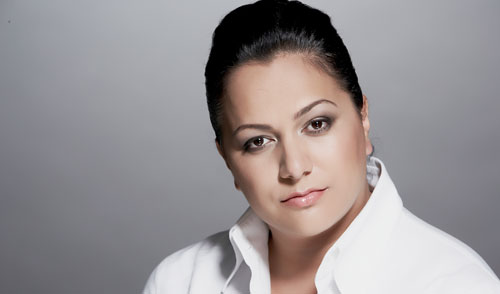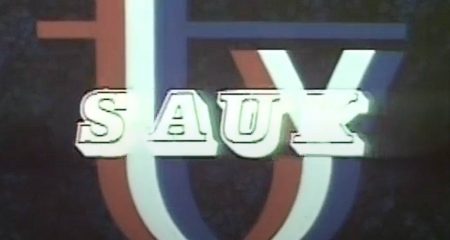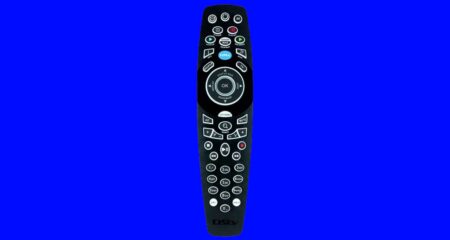
M-Net believes SA would be far better off scrapping plans to build pricey set-top boxes for digital terrestrial television and instead should use the money in other ways.
Karen Willenberg, the broadcaster’s director of legal and regulatory affairs, says instead the country should consider the use of much cheaper “digital converters” — these cost R350 or less — rather than investing in complex set-top box technology she believes isn’t necessary and could hold up further the already long-delayed digital migration process.
Rather, Willenberg says the country should move quickly to ensure the biggest benefit of migration — the freeing up of scarce radio frequency spectrum for telecommunications operators — is realised as soon as possible.
Telecoms providers are desperate to get access to the spectrum that will be released so they can build wireless broadband networks, including networks in underserviced rural areas for which the spectrum is particularly well suited.
A decade ago, SA was the first country in Africa to trial digital TV broadcasts. Since then, a number of other African countries, including Namibia, Zambia, Kenya and Uganda, have launched commercial services. Government has set a deadline of April 2012 to switch on digital television, but the country’s broadcasters now believe that deadline won’t be met.
With the specification for the set-top boxes expected to be finalised only in December, it leaves precious little time for manufacturers to build boxes in time for the proposed switch-on date.
Government has long been keen to use set-top box technology to address the so-called “digital divide”, adding functionality to the boxes that would allow for a “return path” of some sort to provide e-government and other services through the base specification being crafted by the SA Bureau of Standards.
Since that debate started several years ago, however, the industry has moved on, Willenberg says. Now, many new TVs have cheap integrated digital receivers, potentially obviating the need for set-top boxes. Older TVs that don’t have receivers can use a digital converter that costs a fraction of the expected R700 price tag for the set-top boxes.
Set-top boxes should also be seen “at best” as an interim solution. “They should not be considered by SA to be the final platform because that would have implications down the line,” Willenberg says. “Given that the set-top boxes will only be an interim measure, do you design them in such a way that people are forever tied to the technology and SA becomes forever dependent on a technology that becomes outdated in the rest of the world?”
She says adopting set-top boxes instead of digital converters will prove “very expensive” given government’s promise to subsidise 70% of the cost of the devices in 5m of the poorest television-viewing households. She estimates government would save more than R1,2bn on subsidies alone if it abandoned the idea of set-top boxes in favour of simple digital converters.
“Poor TV households wouldn’t have to contribute the remaining 30% to the retail price, meaning an estimated R525m saving for them,” Willenberg says. By adopting the cheaper technology, she says government could subsidise the full cost of the converters in poorer households.
The savings could also be used to subsidise emerging, black-owned manufacturing firms.
Setting the price of the boxes fairly high could also discourage the adoption of the technology among consumers, potentially putting government’s plans to switch off analogue broadcasts by December 2013 in jeopardy.
“Migration will happen as fast or as slow as consumers dictate. If we switch on in April 2012 and no one goes and buys set-top boxes, we’re never going to switch over.”
Another area that’s proving contentious is the proposed inclusion of encryption in the set-top box specification. Encryption is being considered to stop “nonconforming” boxes entering the market and to prevent government-subsidised boxes from leaving the country.
But Willenberg says these are fallacious arguments. “It would be against the rules of the World Trade Organisation for us to block international trade in the country, so whatever encryption keys are used will have to be provided to international manufacturers wanting to sell set-top boxes in this market.”
She adds that managing encryption is a complex business and requires support infrastructure and continued supervision. — Duncan McLeod, TechCentral
- Subscribe to our free daily newsletter
- Follow us on Twitter or on Facebook




